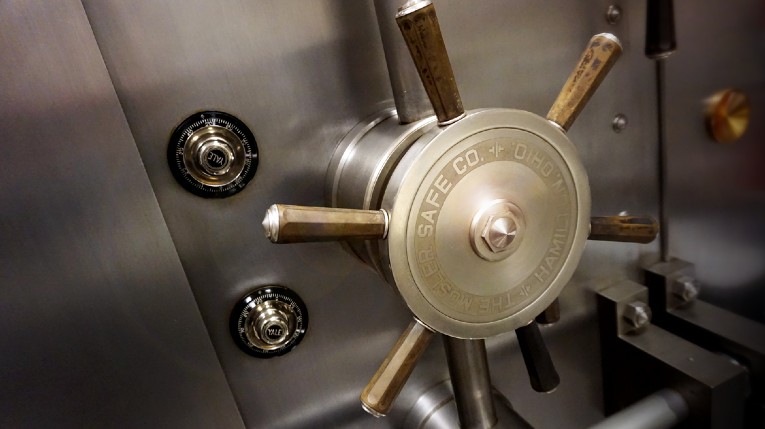KEEP UP WITH THE LATEST:


An official website of the Washington state government
The .gov means it’s official.
A .gov website belongs to an official government organization in the United States.
The site is secure.
The https:// ensures that you are connecting to the official website and that any information you provide is encrypted and
transmitted securely.
Resources and information for government financial officers, municipal districts, and partnering agencies.
Find answers to the most common financial questions and learn how to connect with government resources.
Credit and debt information on the state's financial health for Bond and Certificates of Participation investors.
Click the button below to visit the Transparency Portal, an easy way to find useful state and local government resources.
Transparency in public finances is essential for building trust with the public and informing elected leaders as they make decisions about Washington’s future. The Office of the State Treasurer is committed to the highest standard of transparency about your dollars at work.
Get to know Washington State Treasurer Mike Pellicciotti and the role of the office.


Fostering partnerships between state and local governments to help keep costs low

Treasurer Mike Pellicciotti a coalition of Washington leaders in opposing the unlawful use of federal tariffs by submitting an amicus curiae brief to the U.S. Supreme Court

Three national credit rating agencies affirmed Washington state’s excellent financial standing ahead of today’s sale of over $1.5 billion in new money bonds

This first step is a big win in stopping the reckless manner in which the President is unilaterally wrecking the economy.
Daily, 7-day, 30-day, and true-30-day Local Government Investment Pool (LGIP) yields that are able to be viewed by month.
Local governments can use the state’s strong credit rating to finance equipment, vehicle, and real estate purchases at the lowest available rates.
Search the database of revenue distributions to find details about local government tax collections, including contact information, frequency, and descriptions.

